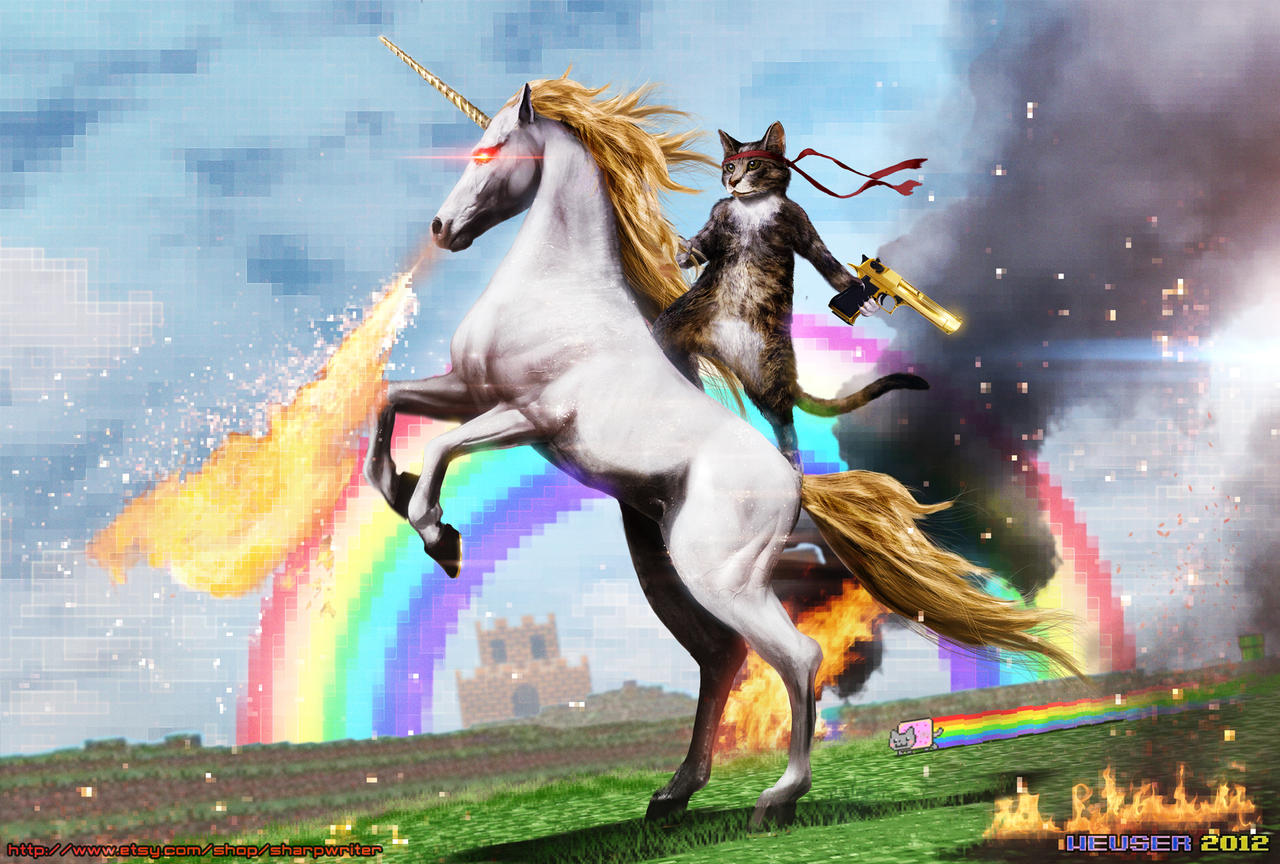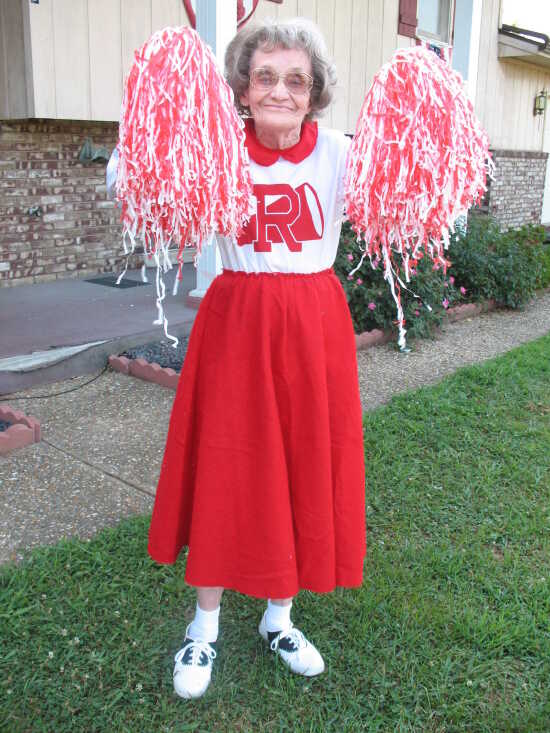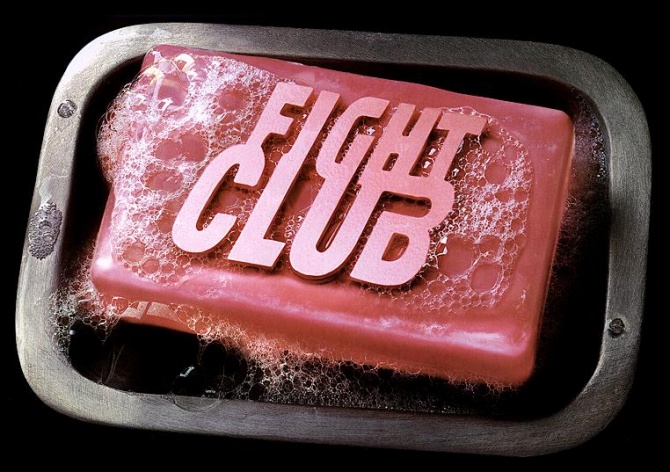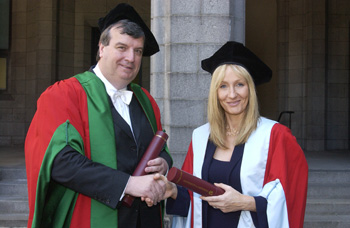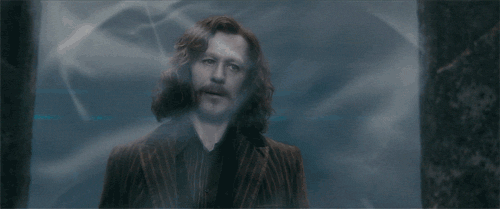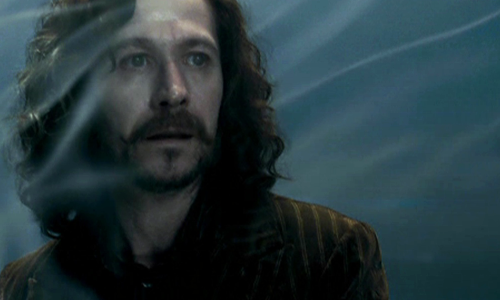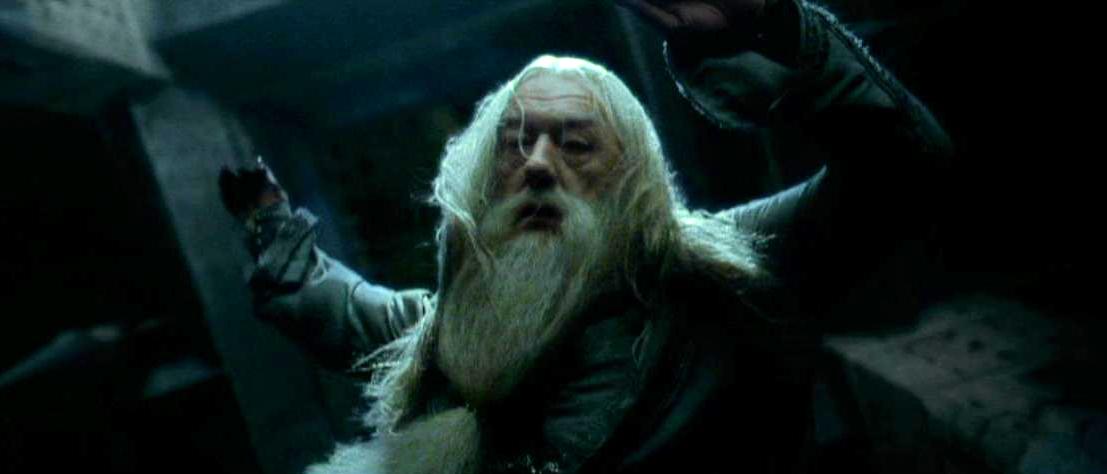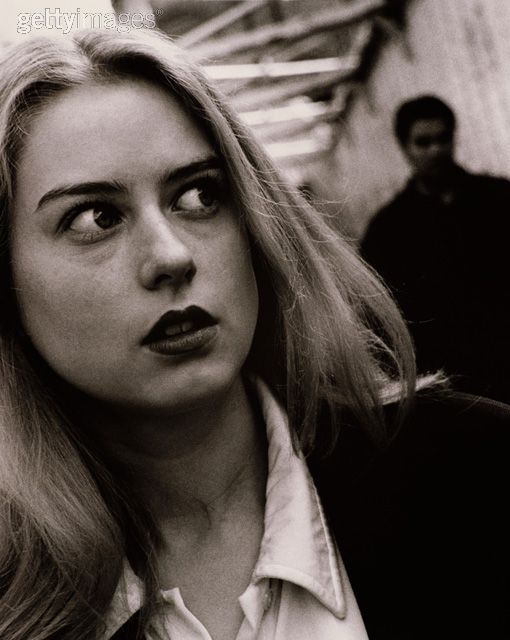Almost two months ago, I took a deep breath and entered my first writing contest.
2
It looked something like this.
But let's back up a bit.
Way, way back in the social and developmental dark age we call "high school", I spent most of my time as a directionless mess of bad choices and pink hair. I knew that I wanted to be a writer someday, but I didn't trust my freshly-minted frontal lobes to come up with an original idea that anyone would think was worth reading. Instead, I cut my literary teeth writing tomes upon tomes of contrived anime romantic fanfiction, because I was that special kind of nerdy. Then, one day, towards the end of my twelfth grade year, I started drifting off in calculus class and came up with a rough story idea about a plain, ordinary teenage girl who would defy all tropes by coming to the aid of a mysterious, super-powered boy. It wasn't exactly the groundbreaking literary twist of the century, but I sketched out a wildly careering plot and jotted down a few pages here and there.
Wasn't kidding about the pink hair, by the way. That really happened.
I then promptly got caught up in the whirlwind of graduation, heading off to the mysterious world of post-secondary education, and reaching the Alberta drinking age. Writing novels was something that old people did, and I'd get back to it someday. Then sometime in my second year of university, with a handful of writing and computer science classes under my belt and the novelty of sketchy nightclubs safely worn off, I stumbled across my old novel. And what I read made me chuckle. I dusted off the project, gave it a whole new plot, and had at it. As a student, I have roughly twenty-three hours of homework, courses, meetings, volunteering and sobbing scheduled per day, but when I found a spare moment, I wrote. I wrote before classes, between classes, after classes, during classes, on weekends, in the middle of the night, and around mouthfuls of ramen. Over two years, I wrote a 100,000 word novel in hurried, three-minute chunks, sometimes 50 words at a time. Even I'm not arrogant enough to assume that my first draft was perfect, so I went back over it time and time again, editing and nitpicking until the pages bled.
And that's when I came across Pitchwars.
It actually involved far fewer snowball fights than I'd been expecting.
For those of you who aren't aspiring authors with polished manuscripts in hand, Pitchwars is an annual writing contest hosted by tireless blogger and 2014 debut Young Adult author Brenda Drake. It works something like this: author hopefuls send in all-important query letters (the specifics of which I discussed in an earlier post), and then a group of author and publishing professional "mentors" dig through the slush pile to select their three favourites. Each mentor settles on a top pick and two alternates to make up their team, and provides six weeks of mentorship, feedback and guidance to help their mentees get their manuscripts and query letters polished. At the end of it all, the lucky writers chosen for a Pitchwars team get their work perused by literary agents looking to discover the next Harry Potter/Hunger Games/Shockingly Successful BDSM Porn Trilogy.
Google Images assures me that this is what a literary agent looks like.
This year, I was one of approximately forty gazillion aspiring authors who sent in a query letter and spent a week biting their nails down to the beds while decisions were made. Hopefuls were allowed to apply to a maximum of four mentors, and when the dust settled, all four of the ones I'd applied to reported that they'd received over 60 applications. Technically, that meant that my chances of landing a particular mentor were far, far worse than Katniss' odds of surviving the 74th Hunger Games.
Kind of expected to be the one getting the flower burial in this scenario.
During the long, agonizing week between submissions and results, mentors flooded Twitter with statistics about submissions, helpful advice, and tortuously vague hints about the manuscripts they were choosing. Now I use Twitter the way most people use dental floss - sporadically, and at the urging of professionals. But that entire week, I was glued to the Pitchwars twitter feed. Any time a mentor I'd applied to even mentioned that they were considering a manuscript that contained words and a plot, I'd descend into a rapid, schizophrenic tailspin of simultaneously assuming it was mine, and couldn't possible be mine.
And then it happened.
This. This is what happened.
Halfway through the week, my super-secret writing-only email lit up with a new message from a familiar name - it was one of the mentors I'd emailed, messaging me back! She liked my pitch! She wanted to read the first chunk of my manuscript! And I was at least 83% sure that my mother hadn't paid her to say so! I fully expected her to hate every word of it and express-mail me a bag of flaming horse turds as punishment for wasting her time - because I'm a self-defeating lunatic - but at least I could write a pitch that was decent enough to trick someone into reading more of my work.
I sent off the chapters and went back to waiting. Just as I was about to run out of fingernails to bite, forcing me to take off my socks and strain to see if I could reach my toenails, the big morning arrived. Pitchwars results were in. I arose from my bed, dashed off to my computer, scrolled through the big list of winners... and I wasn't on it. It wasn't much of a shock. My novel had only been read by a handful of people who weren't my immediate relatives, and the eyeballs that had scrutinized it thus far almost exclusively belonged to people who were 15-20 years older than me. I assumed the praise they'd given me was more of a "I'm going to put this right up here on the fridge, sweetie!" than an actual indication that I could write a decent book.
Above: me and my critique partners.
Just as I was about to get on Twitter and bombard the winners with congratulations, my super-sneaky secret email lit up again. It was the mentor who asked me for chapters. She thanked me for submitting my work, and gave me some incredibly helpful advice on why she'd had to pass on my manuscript. I was thrilled! Getting quality critique was my entire reason for entering Pitchwars, and I had received some without even being chosen as a winner. That was all it took - I was tinkering and editing my manuscript before I'd even read the bottom of the email.
I was so happy, I turned into an elderly Asian woman.
My mother, who became something of Pitchwars cheerleader during the contest, asked if she could read my rejection letter. So I brought it up and read it again. And this time, I read it all the way through, and I caught those sentences I'd missed before. She had ended the letter by congratulating me, and telling me that she was happy another mentor had chosen me as an alternate. Now I was confused. I went back to the winners list, and scanned it again for my obnoxiously French name. Nothing. But this time, I noticed that the contest had a little twist - six secret mentors had been scanning the entries and would announce their own picks the following day. That had to be what she was referring to. A second email from another one of my mentor picks confirmed it - I'd been scooped up by one of the secret mentors, and my name would be on the list the next day. My cheerleader and I were elated.
This is how I picture literary cheerleaders. Sorry, mom.
If you've read any of my numerous analysis posts, you'll know that my favourite thing to do is pick things apart until they're bleeding carcasses of organized lists and bare-bones information, and I did the same thing with my possible mentors. Of the six choices, only three represented my age range - young adult. One of the remaining mentors stated that she only handled manuscripts with main characters who were 18 and up - my book is about a very confused 15-year-old. Another mentor stated that she preferred to work with books with strong Christian themes - my book has murder, sentient computer programs and a transvestite, and the only instances of "Jesus" that come up are pure blasphemy. That one also seemed unlikely.
So then it came down to the last mentor. Renee Ahdieh.
I took one look at Renee's biography, noticed that her favourite form of exercise was "Ugh", and her favourite form of transportation was "Alpaca" (a species that, I might add, appears in my manuscript), and I knew she was the one who'd picked me. A quick creep through her Twitter feed revealed that she'd selected one manuscript about the "Ordinary Extraordinary"; since once of those words actually appears in the title of the book, I figured my hunch was correct. A few hours later, I woke up to a text from my boyfriend that confirmed it - I was on the list, and Renee Ahdieh was my mentor.
I was so happy, I tracked down a dandelion field in December and temporarily looked good in white pants.
After that, my life turned into a blur of final exams, edits, Christmas, a new term, and preventing my seven-month-old Newfoundland puppy from eating various household goods. Renee tweaked my query letter to make it snappier, and she transformed my lacklustre, one-sentence plot recitations into kickass, intriguing teasers that I could splatter across the Internet.
This dog is alive today because she's cute and because she will drop anything she's holding in exchange for cat food.
As an alternate, I took place in two agent showcases throughout the contest. The first, #PitMad, was entirely Twitter-based. I had 140 characters to sum up my novel, introduce the genre and include the #PitMad hashtag. Agents and editors perused the feed all day; if they saw something they liked, the favourited the tweet, signalling the writer to submit a query. My #PitMad was, on the whole, extremely successful. The second showcase - the Alternate Showcase - was hosted on a mentor's blog, and it featured a 35-ish word pitch and the first 250 words of my manuscript. Agents perused the showcase, and if they liked what they saw, they commented with instructions on how to submit the manuscript to them. That showcase was slightly less successful than I'd hoped - but still a rewarding day of Tweeting and poring through other writers' pitches while cursing the Old Gods that none of their incredible stories were in print yet.
Submissions and querying are things writers just don't talk about. No specifics for you.
And now, after all that - after all the nerves, the waiting, the hoping and the incessant Tweeting - Pitchwars 2013/2014 has come to an end. In a way, it feels like summer camp is over; I've gotten so used to creeping through the Twitter feed, seeing familiar faces, cheering on my favourite writers and swapping stories of edits with my fellow alternates and mentees that I'm not entirely sure what to do with my Twitter account anymore. My editing and submission process are far from over; I've still got feedback yet to come, and besides, nothing I've written is ever "finished" until I've run out of deadlines and someone is physically tearing the manuscript from my cramped, scribbling hands. Pitchwars was just the beginning. Maybe the feedback and exposure I got from it will help me land an agent for this novel. Maybe it won't. Maybe this experience will give me the boost I need to make my next novel even better. I have no idea where my writing career will end up. All I know is that I couldn't have asked for more from my first contest, and that if and when I finally snag the elusive Literary Agent, it will be due, in part, to having taken that deep breath and sent off those four little emails almost two months ago.
And I will be so happy that I will put on a sheer curtain, wrangle up a unicorn and ride it into the sun.
Any fellow Pitchwars alumni out there with stories to tell? Anyone polishing up a manuscript for next year? Tell me about it!





